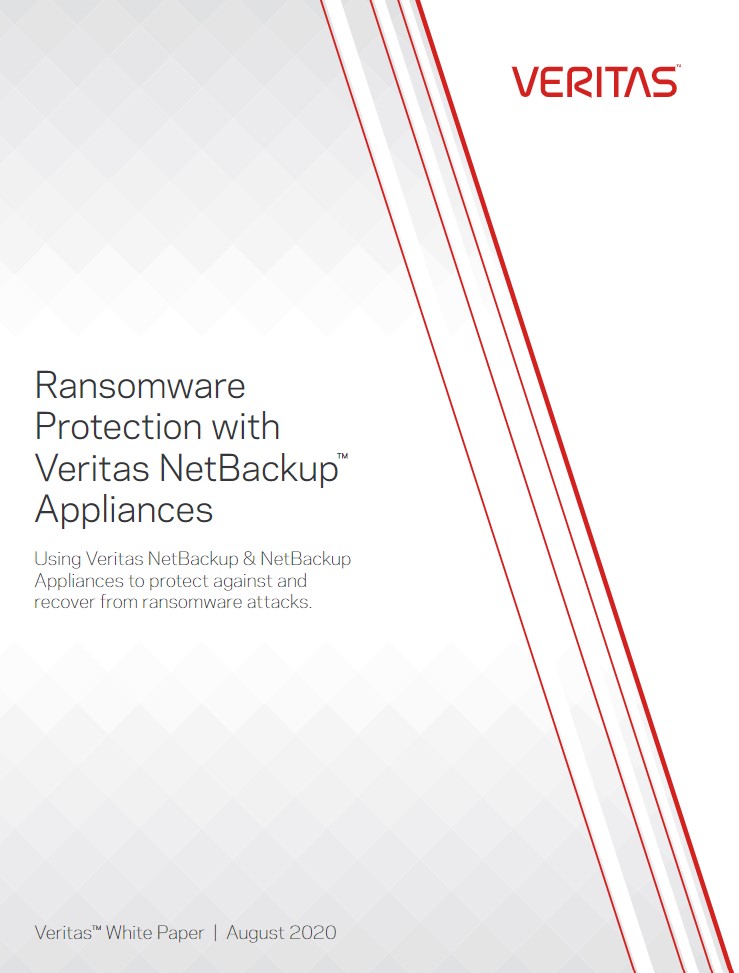NetWalker ransomware mastermind indicted in Florida
FBI also launches an international investigation into the NetWalker operation


The FBI has launched an international investigation into the NetWalker ransomware operation, and prosecutors have filed an indictment on a key figure in the operation.
Florida courts charged Gatineau, Quebec-based Sebastien Vachon-Desjardins on December 2 and unsealed the indictment this week. The indictment accuses Vachon-Desjardins of computer fraud, conspiracy to commit wire fraud, intentional damage to a connected computer, and transmitting a demand in relation to that damage.
According to the Department of Justice (DoJ), Vachon-Desjardins allegedly obtained over $27.6 million from his fraudulent actions. On January 10, law enforcement officials also seized $454,530.19 in cryptocurrency, which the DoJ said came from three NetWalker victims.
NetWalker operates under a ransomware-as-a-service model, in which the code's owner allows affiliates to use it. The affiliates then pay the owner a commission from any successful ransomware operations. The affidavit accuses Vachon-Desjardins of transmitting ransomware himself and helping others to do the same.
NetWalker's operation was efficient in collecting payment, resulting in a lower-than-average resolution time for payments and data recovery, according to Coveware, a ransomware mitigation company. Coveware also reported that all NetWalker decryptions were successful after victims paid.
RELATED RESOURCE

Ransomware protection with Veritas NetBackup Appliances
How to use Veritas NetBackup and NetBackup Appliances to protect against and recover from ransomware attacks
The ransomware operation's success was partly due to it using the Tor dark web protocol that automated victims’ payments. In a report detailing the NetWalker operation, McAfee noted the company switched from email communication with victims entirely to the Tor site in March 2020.
This week, Bulgarian police seized an online property NetWalker affiliates used to deliver those payment instructions and replaced it with a seizure banner notifying victims of the takedown.
Get the ITPro daily newsletter
Sign up today and you will receive a free copy of our Future Focus 2025 report - the leading guidance on AI, cybersecurity and other IT challenges as per 700+ senior executives
Attacks targeted a wide array of organizations, ranging from health care operations already under pressure from the pandemic through to educational facilities and local governments, and the operation was lucrative. Coveware reports the average NetWalker ransom payment was $344,000 in Q4 2020. However, some payments have been far higher. In June 2020, the University of California paid NetWalker criminals $1.14 million to recover encrypted data.
NetWalker attacks, which were mounted via phishing emails or through vulnerable remote desktop protocol (RDP) ports, didn’t always end with decryption. In some cases, affiliates would also exfiltrate the data and then charge victims not to publish it in what has become known as a double-extortion attack. Coveware has said that roughly half of all ransomware attacks now use this method.
Danny Bradbury has been a print journalist specialising in technology since 1989 and a freelance writer since 1994. He has written for national publications on both sides of the Atlantic and has won awards for his investigative cybersecurity journalism work and his arts and culture writing.
Danny writes about many different technology issues for audiences ranging from consumers through to software developers and CIOs. He also ghostwrites articles for many C-suite business executives in the technology sector and has worked as a presenter for multiple webinars and podcasts.
-
 Should AI PCs be part of your next hardware refresh?
Should AI PCs be part of your next hardware refresh?AI PCs are fast becoming a business staple and a surefire way to future-proof your business
By Bobby Hellard
-
 Westcon-Comstor and Vectra AI launch brace of new channel initiatives
Westcon-Comstor and Vectra AI launch brace of new channel initiativesNews Westcon-Comstor and Vectra AI have announced the launch of two new channel growth initiatives focused on the managed security service provider (MSSP) space and AWS Marketplace.
By Daniel Todd
-
 ‘Phishing kits are a force multiplier': Cheap cyber crime kits can be bought on the dark web for less than $25 – and experts warn it’s lowering the barrier of entry for amateur hackers
‘Phishing kits are a force multiplier': Cheap cyber crime kits can be bought on the dark web for less than $25 – and experts warn it’s lowering the barrier of entry for amateur hackersNews Research from NordVPN shows phishing kits are now widely available on the dark web and via messaging apps like Telegram, and are often selling for less than $25.
By Emma Woollacott
-
 Healthcare systems are rife with exploits — and ransomware gangs have noticed
Healthcare systems are rife with exploits — and ransomware gangs have noticedNews Nearly nine-in-ten healthcare organizations have medical devices that are vulnerable to exploits, and ransomware groups are taking notice.
By Nicole Kobie
-
 Alleged LockBit developer extradited to the US
Alleged LockBit developer extradited to the USNews A Russian-Israeli man has been extradited to the US amid accusations of being a key LockBit ransomware developer.
By Emma Woollacott
-
 February was the worst month on record for ransomware attacks – and one threat group had a field day
February was the worst month on record for ransomware attacks – and one threat group had a field dayNews February 2025 was the worst month on record for the number of ransomware attacks, according to new research from Bitdefender.
By Emma Woollacott
-
 CISA issues warning over Medusa ransomware after 300 victims from critical sectors impacted
CISA issues warning over Medusa ransomware after 300 victims from critical sectors impactedNews The Medusa ransomware as a Service operation compromised twice as many organizations at the start of 2025 compared to 2024
By Solomon Klappholz
-
 Warning issued over prolific 'Ghost' ransomware group
Warning issued over prolific 'Ghost' ransomware groupNews The Ghost ransomware group is known to act fast and exploit vulnerabilities in public-facing appliances
By Solomon Klappholz
-
 The Zservers takedown is another big win for law enforcement
The Zservers takedown is another big win for law enforcementNews LockBit has been dealt another blow by law enforcement after Dutch police took 127 of its servers offline
By Solomon Klappholz
-
 There’s a new ransomware player on the scene: the ‘BlackLock’ group has become one of the most prolific operators in the cyber crime industry – and researchers warn it’s only going to get worse for potential victims
There’s a new ransomware player on the scene: the ‘BlackLock’ group has become one of the most prolific operators in the cyber crime industry – and researchers warn it’s only going to get worse for potential victimsNews Security experts have warned the BlackLock group could become the most active ransomware operator in 2025
By Solomon Klappholz